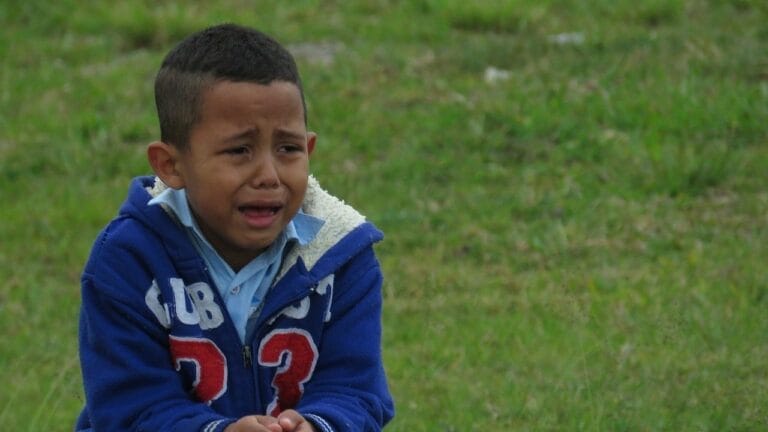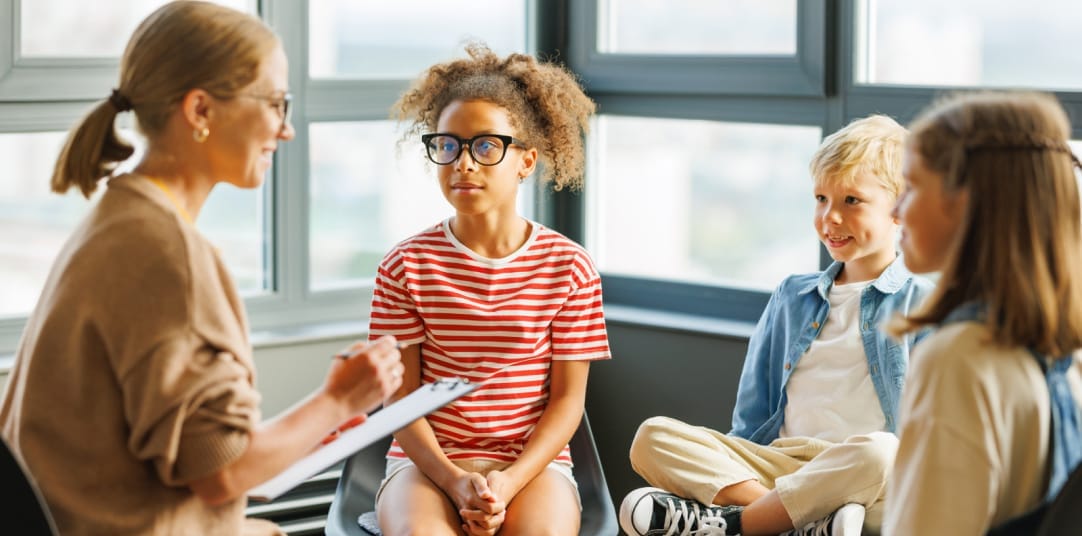
Increasing Loneliness Among Children and Adolescents
Loneliness has long been thought of as a problem afflicting the elderly. However, research suggests that both children and teenagers are also increasingly being affected by this painful social problem. It has been found that children are frequently both expressing and seeking support for their feelings of being alone and isolated.
In fact, new statistics show that there is a rising number of children who are contacting Childline (an organization that provides information, counseling, and referral services for families and children to ensure the safety and well-being of the children) about feelings of isolation and loneliness.
These figures show that girls report their loneliness almost four times more than boys. While this may or may not reflect the actual numbers as it may be that girls are more apt to reveal their feelings that boys, nonetheless, many girls are suffering. The children claimed that their loneliness was often due to social media and parental neglect.
The Multiple Adverse Effects of Loneliness on Our Youth
The connection between social behavior and normal development
We all know that healthy social relationships are much more than just the joy of sharing experiences with friends, but are central to human well-being. As a consequence, it has been argued by many in the field of mental health that engaging in social interactions and behaviors are vital to a child’s healthy development.
And the converse is true as well. Absence of these interactions and relationships are detrimental to the child’s development in various ways. Research has shown that children who suffer social isolation generally perform inferior in the educational realm, are more likely to be part of a less advantaged social class as an adult, and are more prone to psychological distress throughout their lives.
How Insufficient Social Interactions Impact the Stress Response
Unfortunately, children who don’t have the necessary amount of social interaction or relationships will gradually become socially isolated and experience the pain of loneliness. The research has found that this loneliness is linked to higher levels of stress.
The human stress response is designed to protect the body from environmental threats and dangers. Because social interaction is a basic human need when a child is denied the satisfaction of that need the stress response mechanism in the body perceives the situation as a threat.
When this stress response mechanism is triggered, the brain automatically releases stress hormones to protect the body from the perceived threat, thus activating the body to protect itself from danger. However, the body cannot release these stress hormones and protect the body from stressful situations indefinitely.
When this stress response becomes activated over an extended period, the body is at greater risk of developing high blood pressure, an infectious illness, deterioration of the cognitive faculties and cardiovascular disease, which depending on the severity can potentially be fatal.
Social Support Helps Children Survive and Thrive
Research has shown that when a person receives social support, stress levels not only drop but that social support helps people to cope with high levels of stress from other sources. Also, research has suggested that social support is instrumental to a person’s feelings of competence and mastery, which are so critical in increasing one’s quality of life.
Social Isolation and Mental Health Problems
In a research study of 4,227 adolescents, scientists at the Norwegian Social Research Institute (NOVA) compared youths who had a close friend in whom to confide with those who didn’t and found that those without such a friend had a significantly higher preponderance of depressive symptoms than those with close friends.
Other studies have shown that there is a greater connection in depressive symptoms in loneliness due to a lack of friends than isolation due to a poor relationship with parents. It could be that for adolescents, social support from friends is more critical than the support from parents.
The Dangerous Impact of Loneliness on the Brain
In tandem with those studies that show an increased stress response when a person feels lonely, loneliness increases the brain’s alertness, which can cause insomnia. It has also been shown that social isolation and a lack of relationships can have a detrimental effect on the structure of the brain.
Studies done with mice and young monkeys subjected to extreme social isolation demonstrated how damaging this isolation could be upon the brain. At the beginning of their development, the mice and monkeys were quarantined for a couple of months to study the impact of being socially isolated on their cognitive functioning.
This isolation caused deficits in the chains of communication in cells known as oligodendrocytes impairing functioning in the prefrontal cortex of both the mice and the monkeys. Damaging the connections in the prefrontal cortex reduced essential cognitive functions such as social interactions and thought.
These scientists suggest that just as the social isolation of the mice and the monkeys disrupted brain functioning, the findings could be extrapolated to children as well. In other words, social isolation could be responsible for deficits in brain function.
In a different study, it was shown that social isolation retards the activation of dopaminergic and serotonergic neurons. Activating these neurons is critical to maintaining our emotional well-being.
Relieving Our Children’s Loneliness
Parents who sense that their children may be suffering from loneliness shouldn’t make light of it. On the contrary, they should engage their children in conversations about friends, relationships, and social interactions in general. Also, they should be very aware of how their children’s’ usage of social media is affecting their mood.
Sometimes children don’t open about something as sensitive as their social life. In which case, Childline offers the following advice:
- Begin the conversation at a time where there won’t be an interruption such as on a ride in the car or on a walk.
- If your child says something alarming, don’t overact as that may mean the end of the conversation.
- Don’t push your child to talk if this isn’t a good time. Wait a few days if necessary.
- Be very careful to honor and respect what your child says. Being that a child’s heart is very delicate, it must be treated as such.




